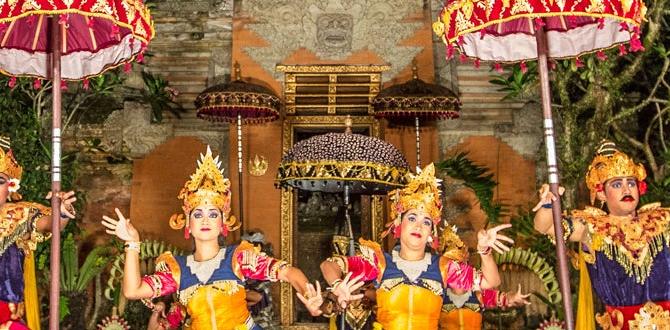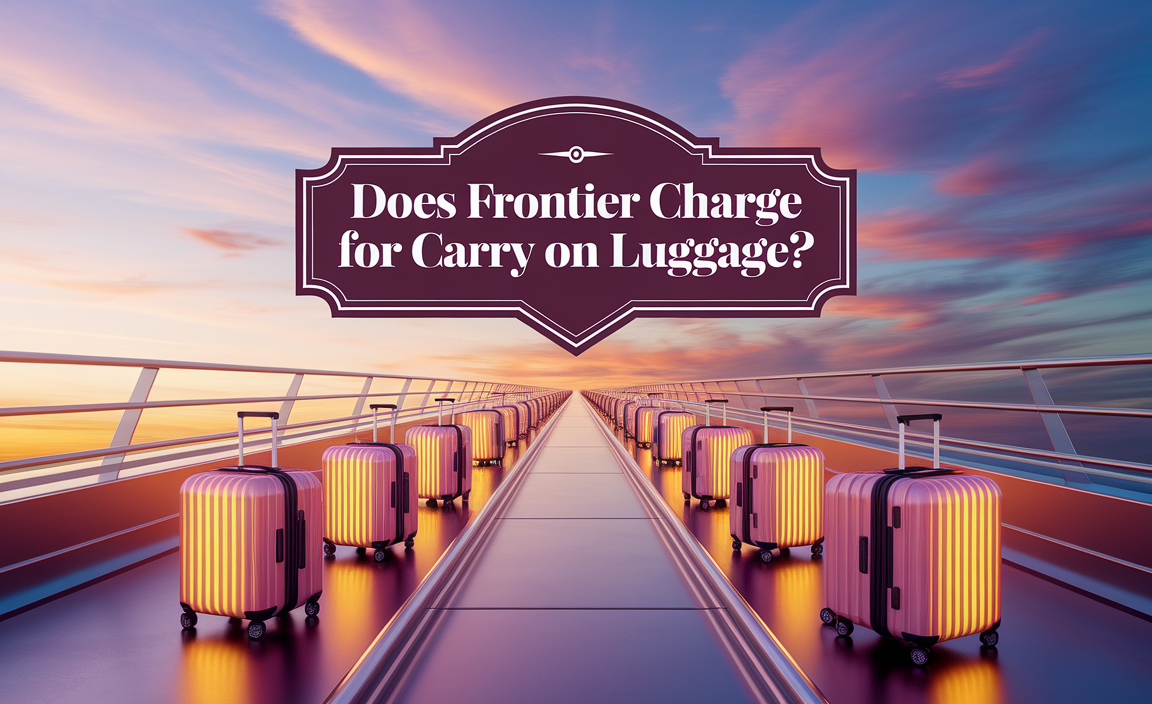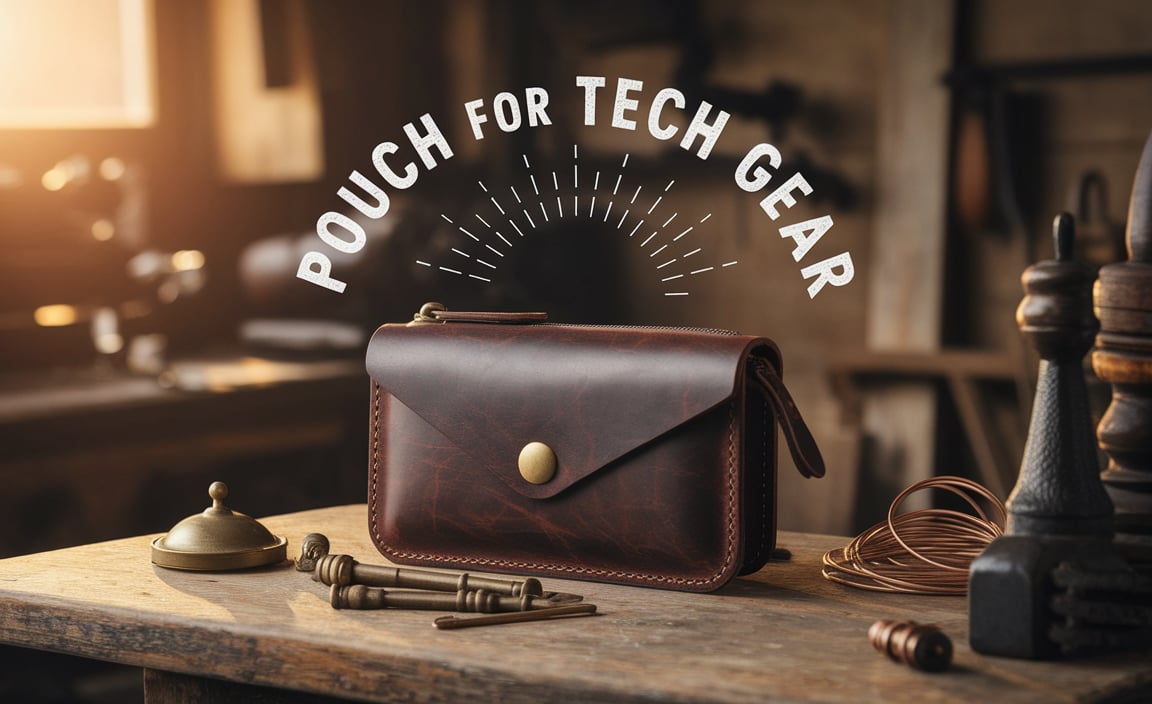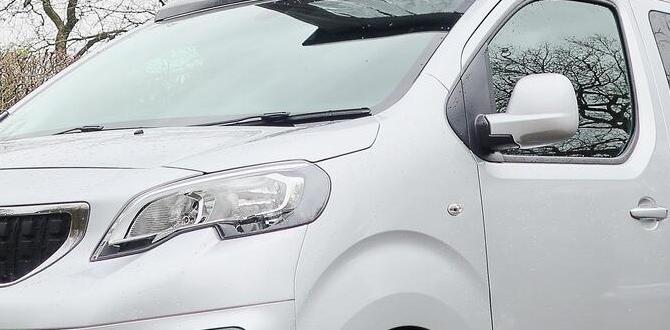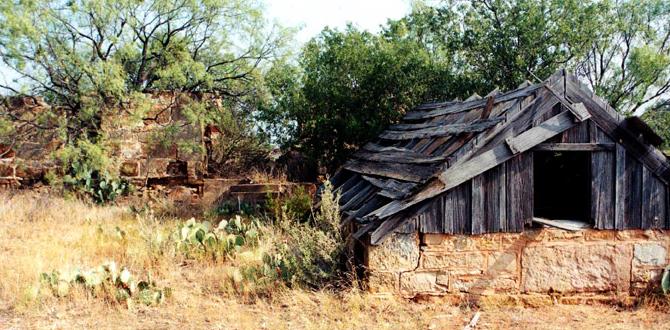Navigating Accra, Ghana, as a traveler can be an exciting adventure, but knowing where to stay and where to exercise extra caution is key for a smooth trip. This guide helps you pinpoint safer neighborhoods for accommodation and recreation, while also highlighting areas where visitors should be more vigilant.
Our aim is to equip you with practical knowledge for a comfortable and secure visit to Ghana’s vibrant capital, ensuring your journey is filled with joy, not worry. We’ll cover everything you need to know to plan your Accra experience with confidence.
When visiting any large city, including Accra, understanding the local landscape is crucial for a safe and enjoyable experience. While Accra is generally welcoming, like many urban centers, it has areas where a heightened sense of awareness is recommended for visitors.
This guide is designed to provide clarity, helping you differentiate between neighborhoods that are typically safe and comfortable for tourists and those where petty crime might be more prevalent or where navigating can be more challenging.
Our goal is to empower you with the information needed to make informed decisions about where to stay, explore, and relax, ensuring your Ghanaian adventure is as stress-free as possible. We’ll break down key areas and provide actionable tips to keep you comfortable and secure throughout your visit, paving the way for unforgettable memories.
Here’s your essential guide to Accra’s areas, helping you make the most of your trip by focusing on safety and comfort.
Understanding Neighborhood Safety in Accra
Accra is a bustling metropolis with diverse areas, each offering a unique flavor of Ghanaian life. For travelers, understanding the general safety profile of different neighborhoods is paramount. While violent crime against tourists is rare, petty theft, such as pickpocketing and bag snatching, can occur, particularly in crowded areas or at night.
Being informed about which areas are generally considered safer for accommodation and usual tourist activities, and which require a bit more vigilance, is a smart travel practice. This isn’t about instilling fear, but about providing practical knowledge so you can relax and genuinely enjoy the vibrant culture and warm hospitality Accra has to offer.
The key is to balance awareness with enjoyment. By choosing accommodations in well-regarded areas and being mindful of your surroundings when out and about, you can significantly enhance your safety. This guide aims to provide a straightforward overview, helping you distinguish between areas known for their safety and those where extra precautions are advised.
Safer Areas in Accra for Visitors
Accra boasts several neighborhoods that are consistently recommended for tourists due to their good infrastructure, lower crime rates, and general atmosphere of safety. These areas often cater to visitors with a range of amenities, from hotels and guesthouses to restaurants and shopping centers.
1. Osu (Oxford Street)
Osu, particularly the area known as Oxford Street, is one of Accra’s most popular and vibrant districts. It’s a hub for nightlife, shopping, and dining, attracting both locals and tourists.
What to Expect: Numerous hotels, guesthouses, restaurants, bars, and shops. It’s a lively place, especially in the evenings.
Safety Considerations: Generally safe, but due to its popularity and crowds, standard precautions against pickpocketing are advised, especially at night or in very busy markets. Stick to well-lit main streets.
Why it’s Recommended: High foot traffic means more eyes around, which can deter petty crime. The presence of many businesses and residences also contributes to a more secure environment.
2. Airport Residential Area
As the name suggests, this area is located near Kotoka International Airport (ACC) and is one of Accra’s more affluent and well-developed neighborhoods.
What to Expect: Primarily residential, it’s known for its quiet tree-lined streets, modern homes, and several upscale hotels and diplomatic missions. It feels very secure and well-maintained.
Safety Considerations: Considered one of the safest areas in Accra due to its security infrastructure and the presence of diplomatic residences and higher-end establishments.
Why it’s Recommended: Offers a peaceful retreat from the city’s bustle while remaining conveniently close to the airport and other key locations.
3. Ridge / Cantonments
These are adjacent, upscale residential areas known for their diplomatic presence and quiet, leafy streets. Many embassies and high commissions are located here, contributing to a higher level of security.
What to Expect: Beautiful homes, embassies, and some boutique hotels or guesthouses. It’s a more serene part of the city.
Safety Considerations: High security presence due to diplomatic missions makes this a very safe area.
Why it’s Recommended: Provides a tranquil environment for relaxation and is highly secure, offering peace of mind.
4. Labone
Labone is another well-regarded residential area that offers a good balance of tranquility and access to amenities.
What to Expect: A mix of residential properties and some commercial establishments. It is known for being clean and well-kept.
Safety Considerations: Generally considered safe with a friendly community feel.
Why it’s Recommended: Offers a comfortable living environment and is a good base for exploring Accra without being in the most chaotic parts of the city.
5. Spintex Road (Specific Sections)
While Spintex Road itself is a long stretch, certain gated communities and residential compounds along it are known for offering secure and comfortable living. It’s often favored by expatriates.
What to Expect: A mix of residences, businesses, and shopping centers. Some areas are more developed than others.
Safety Considerations: Gated communities offer enhanced security. For areas not within gated compounds, standard urban precautions apply, but overall, it’s a well-populated and functional area.
Why it’s Recommended: Provides a good range of amenities and housing options, with specific developments offering a high level of security.
Areas Requiring Extra Caution
While Accra is largely safe for tourists, some areas may present a higher risk for petty crime or can be overwhelming to navigate for first-time visitors. This doesn’t mean these areas are inherently dangerous, but rather that a greater degree of vigilance and awareness is advisable.
1. Makola Market and Surrounding Areas
Makola Market is Accra’s largest and busiest open-air market. It’s an incredible place to experience the city’s pulse, but its sheer density of people makes it a prime spot for pickpocketing.
What to Expect: Throngs of people, a sensory overload of sights, sounds, and smells, and an incredible array of goods. This is the heart of Accra’s commerce.
Safety Considerations: High risk of pickpocketing and bag snatching due to the dense crowds. Keep all valuables secure, preferably in front pockets or a crossbody bag worn in front. Avoid displaying expensive items.
Advice: Visit during daylight hours. Be aware of your surroundings at all times. If possible, go with a local guide or a Ghanaian friend. Consider leaving passports and excess cash at your accommodation.
2. Kwame Nkrumah Circle and Interchange
This is a major transportation hub and a busy commercial center. While essential for local transport, the constant flow of people and vehicles means you need to be extra aware.
What to Expect: Heavy traffic, numerous street vendors, and transport hubs. It’s a place of constant movement.
Safety Considerations: Potential for pickpocketing and scams. Be wary of unsolicited “help” from strangers, especially when trying to catch a taxi or navigate.
Advice: Secure your belongings. Be firm but polite if approached by touts. Use reputable taxi services or ride-sharing apps.
3. Parts of Jamestown
Jamestown is a historic fishing community with a rich cultural heritage and vibrant street art. While many parts are welcoming, some more secluded or less-trafficked alleys might be areas to exercise more caution, especially after dark.
What to Expect: Historic buildings, fishing activities, local life, and some tourist attractions like the Jamestown Lighthouse.
Safety Considerations: Generally safe during the day for exploring its cultural sites. Avoid wandering into unknown, dimly lit areas alone at night.
Advice: Stick to well-known tourist paths and stay in well-lit areas if exploring in the evening. It’s often best explored with a guide.
4. Areas with Limited Lighting or Foot Traffic at Night
This is a general rule for any city, but it’s worth emphasizing for Accra. Streets that are poorly lit or have very few people around after dark generally require more caution.
What to Expect: Quiet streets, potentially fewer businesses open, and less visibility.
Safety Considerations: Higher risk of opportunistic crime.
Advice: Avoid walking alone in such areas at night. Opt for reputable taxi services or ride-sharing apps to get to and from your destination. Inform someone of your plans if you must travel through less populated areas.
General Safety Tips for Accra
Beyond choosing your neighborhood, a few universal tips can significantly enhance your safety and comfort in Accra. These practices are rooted in common sense and are applicable to travelers worldwide, with a local twist.
1. Secure Your Valuables
Bags: Use a bag that zips securely and wear it across your body, positioned in front of you, especially in crowded places. Consider a travel-safe bag with hidden pockets.
Money: Don’t carry large amounts of cash. Use a money belt or a secure inner pocket for your cash and cards, if you must bring them out.
Electronics: Keep phones and cameras secure when not in use. Avoid leaving them unattended on tables in outdoor cafes.
2. Transportation Smarts
Taxis: Use officially marked taxis or reputable ride-sharing apps like Bolt. Agree on the fare before you start your journey if it’s not a metered taxi. Avoid hailing taxis that look unkempt or have drivers who seem overly aggressive.
“Tro-Tros” (Local Minibuses): While an authentic experience, these are crowded and can be overwhelming for first-time visitors. If you use them, be exceptionally vigilant with your belongings.
Avoid Walking Alone at Night: This is particularly true for unfamiliar areas. If you need to get somewhere after dark, use a taxi or ride-sharing service.
3. Be Aware of Your Surroundings
Crowded Places: Markets, bus stations, and busy street corners are popular spots for petty theft. Be extra mindful of your pockets and bags in these environments.
Unsolicited Help: Be cautious of strangers who approach you offering unsolicited help, especially at transportation hubs or if you appear lost; they may be trying to set up a scam.
Scams: Be aware of common tourist scams. A quick search for “Accra tourist scams” can provide additional insight from sources like the U.S. Department of State’s Ghana Travel Advisory.
4. Food and Drink Safety
Water: Drink only bottled or purified water. Avoid ice in drinks unless you are sure it’s made from purified water.
Street Food: While delicious, exercise caution with street food. Look for vendors who appear clean and have a high turnover of customers. Fruits that can be peeled are generally a safer bet.
5. Respect Local Customs
Dress Code: While Accra is relatively liberal, dressing modestly, especially when visiting religious sites or rural areas, is appreciated.
Greetings: A simple “Akwaaba” (welcome) or “Maaheefa” (good afternoon) can go a long way.
6. Emergency Preparedness
Phone Numbers: Have important local emergency numbers handy. For instance, the Ghana Police Service can be reached at 191.
Accommodation Contacts:** Keep the contact details of your hotel or guesthouse readily accessible.
Accra Neighborhood Comparison: At a Glance
To help you quickly assess where you might feel most comfortable, here’s a comparative table of some key areas. This is a simplified overview intended for quick reference, and individual experiences can vary.
| Area | General Safety Profile | Key Attractions/Features | Visitor Considerations |
|---|---|---|---|
| Osu (Oxford Street) | Generally Safe (High awareness in crowds) | Shopping, Dining, Nightlife, Art Galleries | Busy; pickpocketing risk in crowds. Stick to main streets. |
| Airport Residential Area | Very Safe | upscale hotels, quiet residential, proximity to airport | Relatively quiet; good for relaxation and convenience. |
| Ridge / Cantonments | Very Safe (Diplomatic Presence) | Embassies, Quiet Avenues, Serene Environment | Peaceful and secure; ideal for a calm stay. |
| Labone | Safe | Residential, well-maintained, accessible | Comfortable and less hectic than Osu. |
| Makola Market Area | Requires HIGH Caution | Bustling Local Market, Commerce Hub | High risk of pickpocketing and scams. Visit with extreme awareness. |
| Kwame Nkrumah Circle | Requires Caution | Major Transport Hub, Busy Commercial Area | Beware of pickpocketing and touts. Use official transport. |
| Jamestown (Specific areas) | Caution Advised after dark in secluded parts | Historic Fishing Port, Art, Lighthouse | Daytime exploration is popular; avoid dark, unknown alleys at night. |
Travel Comforts: Staying Prepared
For any traveler, comfort and preparedness go hand-in-hand. Ensuring you have the right items can make navigating Accra, especially if any unforeseen needs arise, a much smoother experience. This is where practical travel essentials come in.
For instance, having a reliable crossbody bag is crucial for keeping your belongings secure and accessible. When traveling with children, or for adults requiring extra security and comfort on long journeys, solutions like adult diapers or child diapers can provide peace of mind.
Knowing that such necessities are readily available or packed can alleviate stress, allowing you to focus on enjoying your trip. Journey Essentials is all about finding those practical solutions that make travel easier, whether it’s packing the right luggage, finding comfortable travel wear, or ensuring you have comfort items for all members of the family. Preparing for all eventualities, from needing a reliable charger to ensuring personal comfort needs are met, is part of smart travel planning.
Conclusion
Accra is a city brimming with life, culture, and incredible experiences waiting to be discovered. By understanding the nuances of its neighborhoods and adopting a sensible approach to safety, you can transform potential concerns into confidence. Choosing to stay in well-regarded areas like Osu, Airport Residential, or Ridge provides a secure and comfortable base for your adventures. Equally important is maintaining vigilance in busier hubs like Makola Market or Kwame Nkrumah Circle, where your awareness is your best defense against petty crime.
Remember that smart travel is about preparation and informed choices. From securing your valuables and using reliable transportation to staying hydrated and respecting local customs, each small step contributes to a smoother
Frequently Asked Questions
Q1: Is Accra generally safe for tourists?
Yes, Accra is generally safe for tourists, especially when compared to many other large cities globally. Violent crime against tourists is rare. However, like any bustling capital, it experiences petty crimes such as pickpocketing and bag snatching, particularly in crowded areas. Awareness and basic precautions are key.
Q2: Where is the best place to stay in Accra for safety?
For safety and convenience, consider areas like the Airport Residential Area, Ridge, Cantonments, or well-established parts of Osu. These neighborhoods are generally well-maintained, have good infrastructure, and often a greater police presence. Osu offers more in terms of amenities and nightlife, while Airport Residential and Ridge/Cantonments offer more tranquility.
Q3: Should I worry about scams in Accra?
It’s wise to be aware of common tourist scams, though they are not pervasive. Be cautious of unsolicited “help” at transport hubs or markets, and be wary of over-friendly strangers offering deals that seem too good to be true. Using reputable taxi services or ride-sharing apps can mitigate risks related to transportation scams.
Q4: Is it safe to walk around Accra at night?
It’s generally recommended to avoid walking alone at night, especially in unfamiliar areas or places with poor lighting. Stick to well-populated and well-lit streets, or use reputable taxi services or ride-sharing apps to get to your destination. Many popular areas like Osu remain lively and relatively safe at night, but always exercise caution.
Q5: What is the best way to get around Accra safely?
The safest ways to get around Accra are by using ride-sharing apps like Bolt or by taking officially marked taxis. If using a regular taxi, agree on the fare before starting your journey. Avoid “tro-tros” (local minibuses) if you are not accustomed to them, as they are very crowded and can be challenging for first-time visitors to navigate safely with belongings.
Q6: What should I do if I experience any safety issues?
If you face any safety issues, such as theft or harassment, report it to your accommodation manager immediately. You can also contact the Ghana Police Service by dialing 191. Keeping your embassy or consulate’s contact details handy is also advisable for expatriates or foreign nationals.

